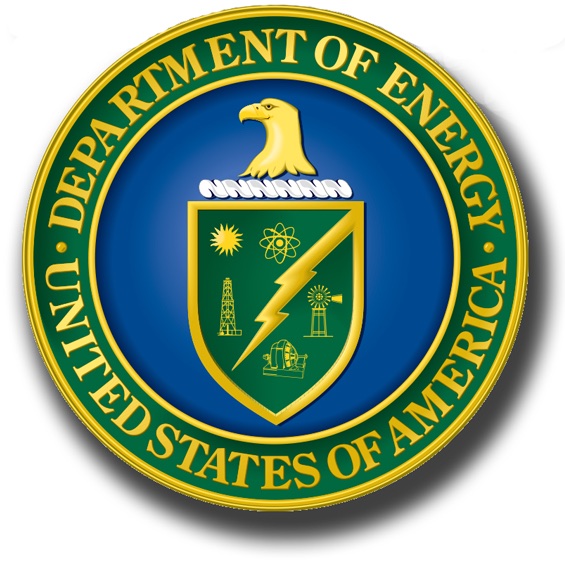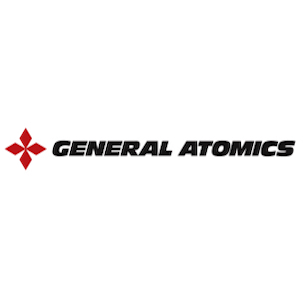First-principles-driven Control of the Rotational Transform Profile in High Performance Discharges in the DIII-D Tokamak
W. Shi, J.E. Barton, W. Wehner, M.D. Boyer, A. Kritz and E. Schuster
52nd IEEE Conference on Decision and Control
Florence, Italy, December 10-13, 2013
|
Abstract
|

|
In this work, a first-principles-driven, control-oriented, nonlinear,
partial-differential-equation model of the poloidal flux profile
evolution is utilized to design a feedback control algorithm to
regulate the rotational transform profile in the DIII-D tokamak. The
control goal is to regulate the rotational transform (iota) profile,
which is related to the poloidal flux profile, around a particular
target profile. A singular value decomposition of the nominal plasma
model at steady state is carried out to decouple the system and
identify the most relevant control channels. A mixed sensitivity
H_infinity control design problem is formulated to synthesize a
stabilizing feedback controller to minimize the reference tracking
error with minimal control energy. Simulations based on the
first-principles-driven model show that the H_infinity controller is
capable of regulating the system around the target iota profile in the
presence of disturbances. When compared to a previously designed
data-driven model-based controller, the proposed first-principles-driven
model-based controller shows potential for improving the control
performance.








